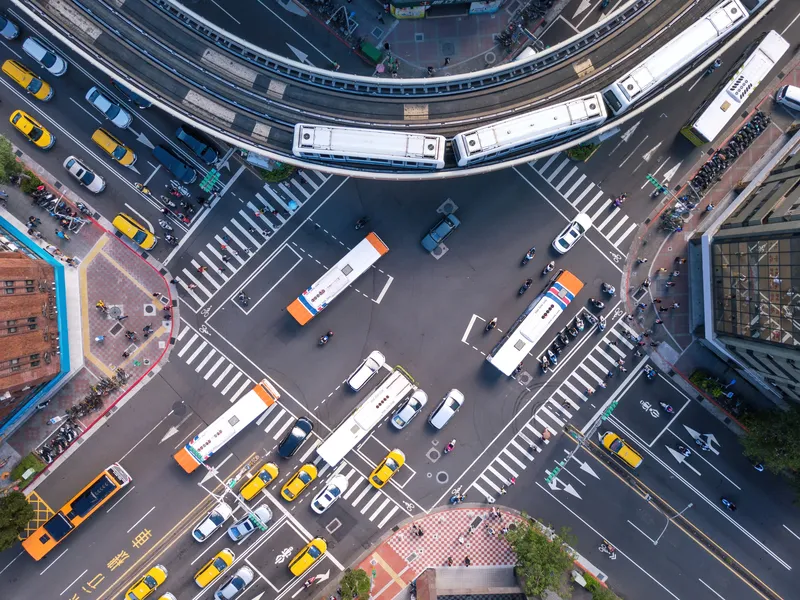Speaking at the FIA summer cocktail party, European Commissioner for Climate Action & Energy, Miguel Arias Cañete, addressed the challenges he sees in mobility. Knowing that transportation also underpins much of daily life for Europeans, he gave insights on how to achieve mobility that both empowers citizens and respects the environment.
Speaking on future vehicle emissions targets, the Commissioner said, “Different levels of ambition are being assessed, including a reduction between 68-78g CO2 in 2025, as proposed by the European Parliament. Consumers are at the centre of our policies and they will directly benefit from a better environment, safer roads and greater choice.”
FIA president, Jean Todt, said "Reducing the impact that transportation has on the environment without sacrificing the access and opportunities offered by mobility is a key challenge for decision-makers. The FIA can contribute to this process, bringing its long experience in transport and mobility, together with the expertise gained in motor sport. Motor sport offers a unique platform to pilot innovation and encourage technological progress that can then be passed on to consumers.”
FIA: prioritising mobility that respects the environment
Speaking at the FIA summer cocktail party, European Commissioner for Climate Action & Energy, Miguel Arias Cañete, addressed the challenges he sees in mobility.
June 29, 2017
Read time: 2 mins









